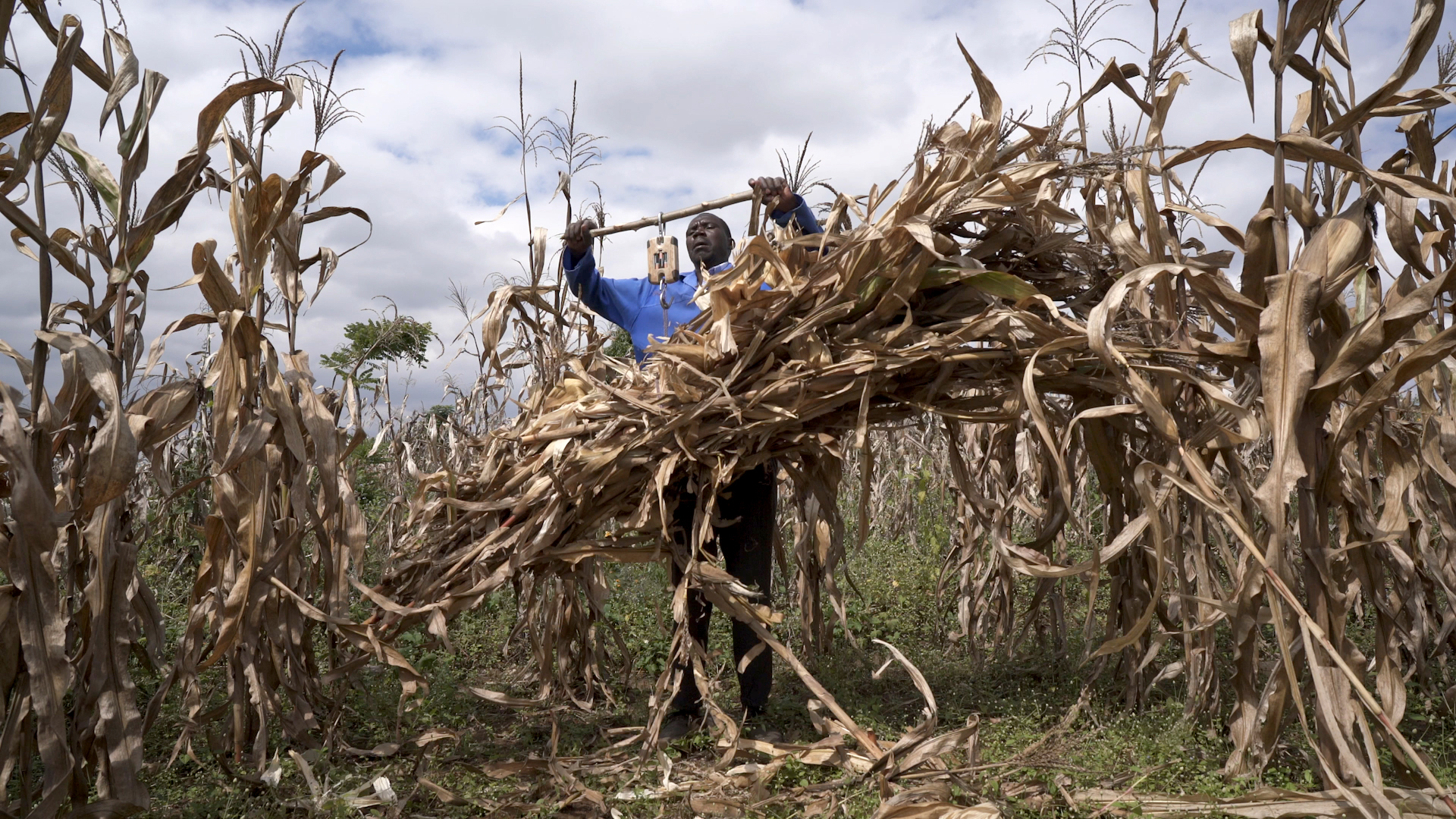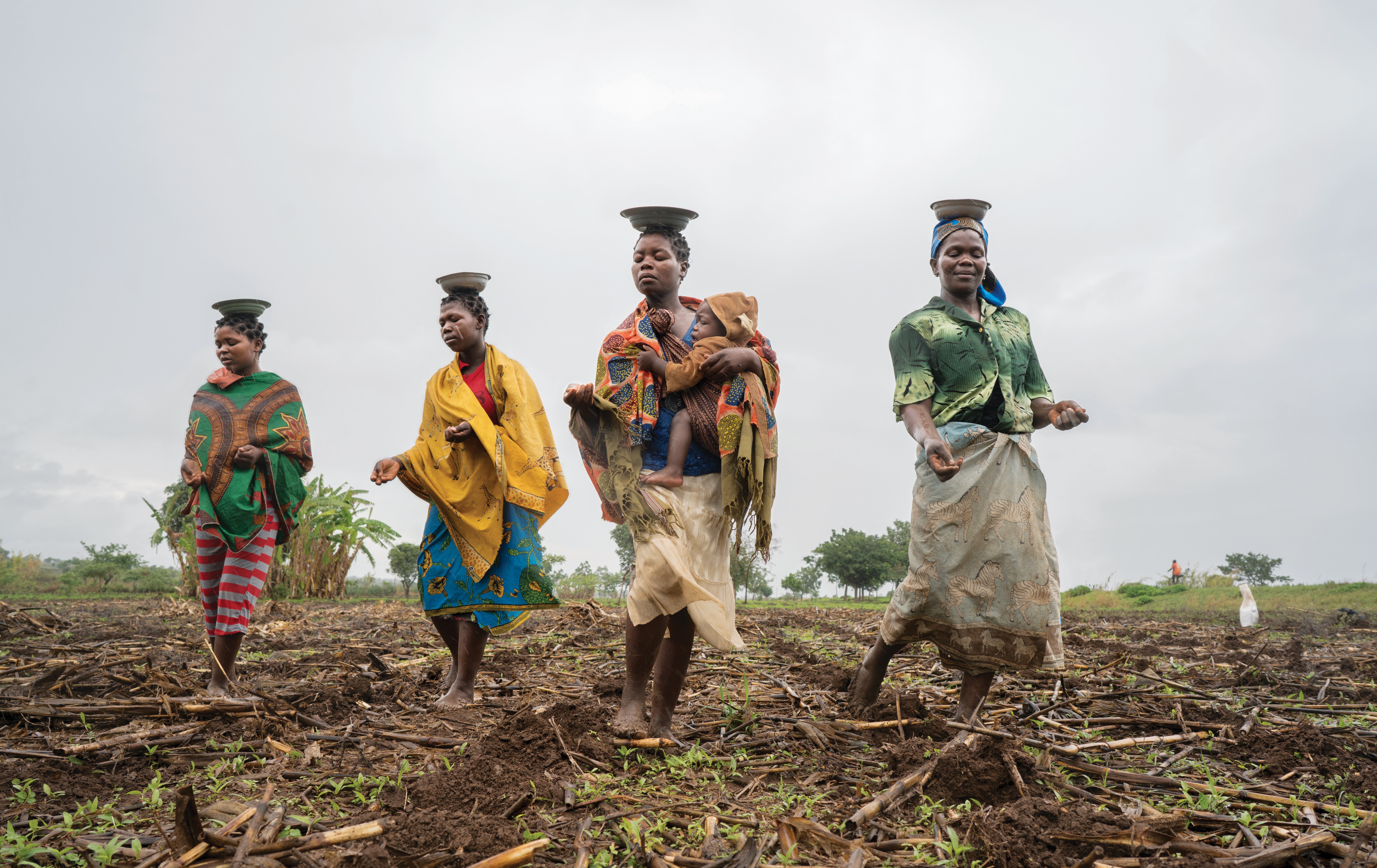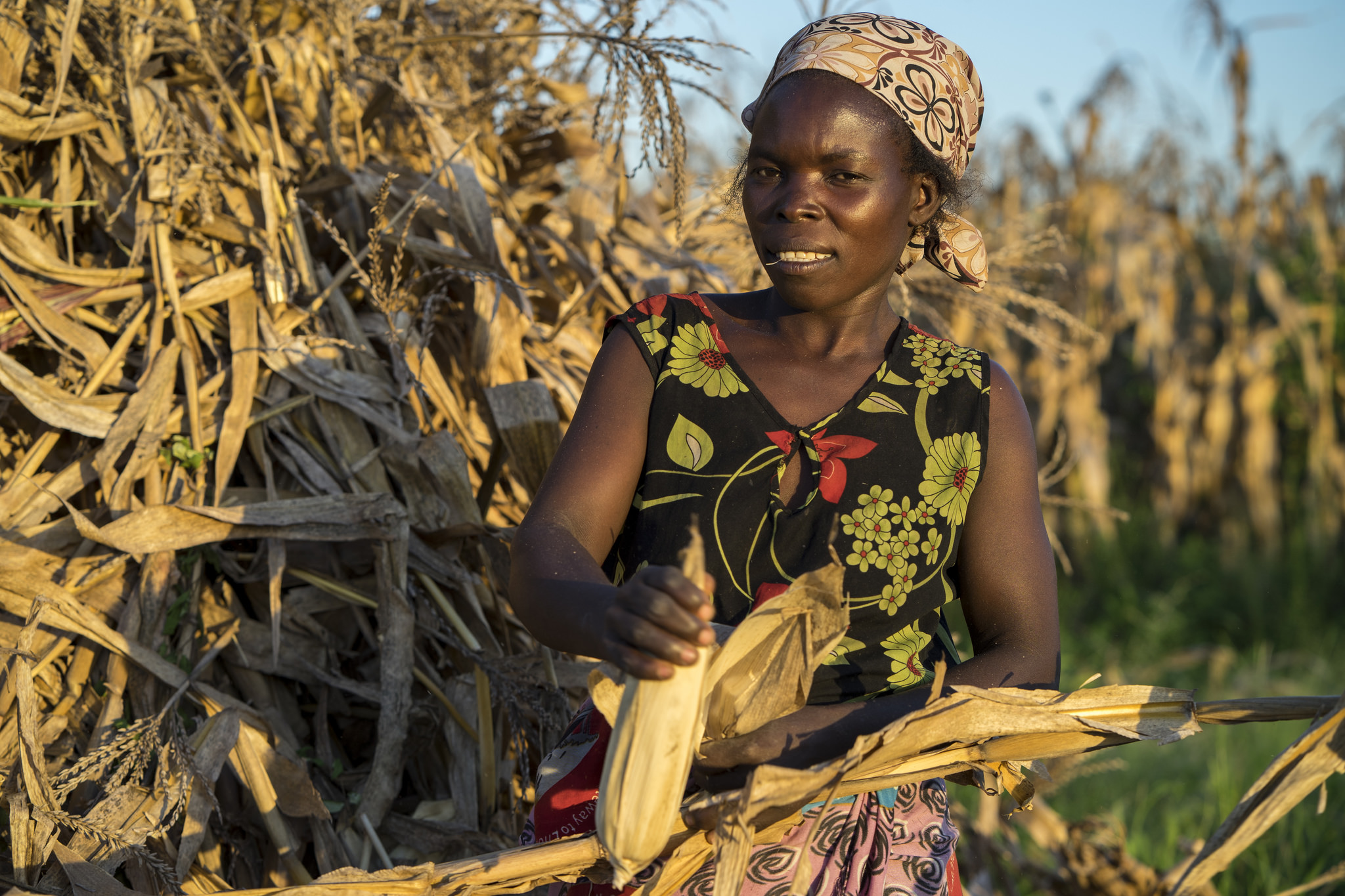Maize is currently grown on 35 million hectares of land in Africa and is easily the most important staple food crop in the continent, feeding more than 200-300 million people and providing income security to millions of smallholder farmers. Nonetheless, African maize growers face many challenges, including lower than average yields, crop susceptibility to pests and diseases, and abiotic stresses such as droughts. They generally lack access to high yielding improved seed and other farming innovations that could help them overcome those challenges.
The Sustainable Intensification of Maize-Legume Systems for Food Security in Eastern and Southern Africa (SIMLESA) project, launched in 2010, supports farmers and partner organizations to achieve increased food production while minimizing pressure on the environment by using smallholder farmers’ resources more efficiently.
SIMLESA is led by the International Maize and Wheat Improvement Center (CIMMYT) and funded by the Australian Center for International Agricultural Research (ACIAR). It is implemented by national agricultural research systems, agribusinesses and farmers in partner countries: Ethiopia, Kenya, Malawi, Mozambique, Rwanda, Tanzania and Uganda.
A new video highlights the outcomes and achievements of the SIMLESA project and it features interviews with farmers and scientists.
Among the outstanding achievements of the SIMLESA project are the release of 40 new maize varieties, the selection of more than 50 legume varieties for official release in partner countries, yield increases of 10 to 30 percent and enhanced adoption of innovative technologies that will aid sustainable intensification of agriculture in sub-Saharan Africa. Over 230,000 farmers have adopted sustainable intensification technologies and the project has helped nurture future scientists by supporting more than 40 students pursuing MSc degrees and more than 20 PhD students.
“The SIMLESA project has successfully adapted and disseminated many scalable technologies to smallholder farmers that will help them achieve higher yields with reduced resource use,” said CIMMYT scientist Paswel Marenya, the coordinator of the project. “We have also sought to understand and improve the entire farming system so that farmers are supported through enabling policies, markets and institutional frameworks.”
The SIMLESA project will be coming to an end in 2019. “The lessons learned from SIMLESA can be used by national and international decision makers to help guide their policy, programming and investment priorities in support of achieving sustainable and resilient agricultural systems in Africa,” Marenya said.
To watch a playlist of SIMLESA videos, click here.


 Climate adaptation and mitigation
Climate adaptation and mitigation 